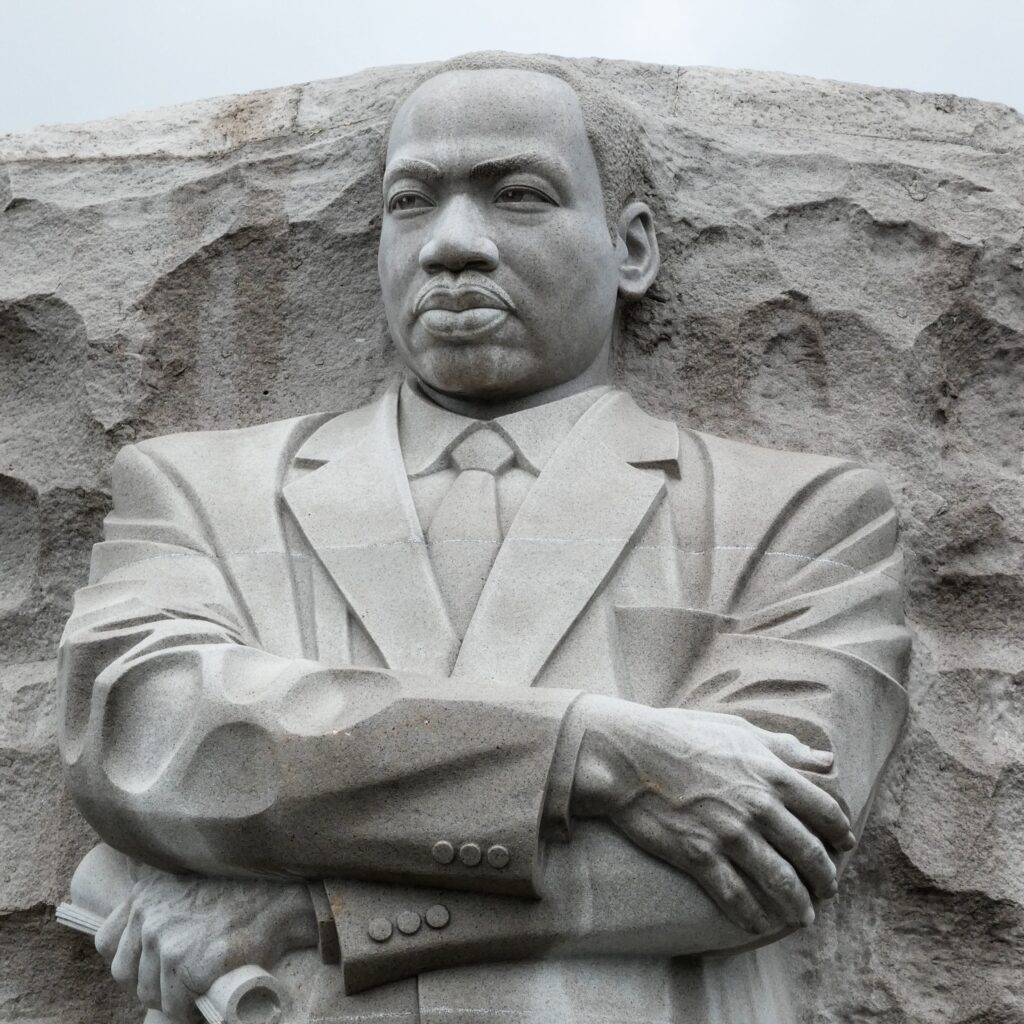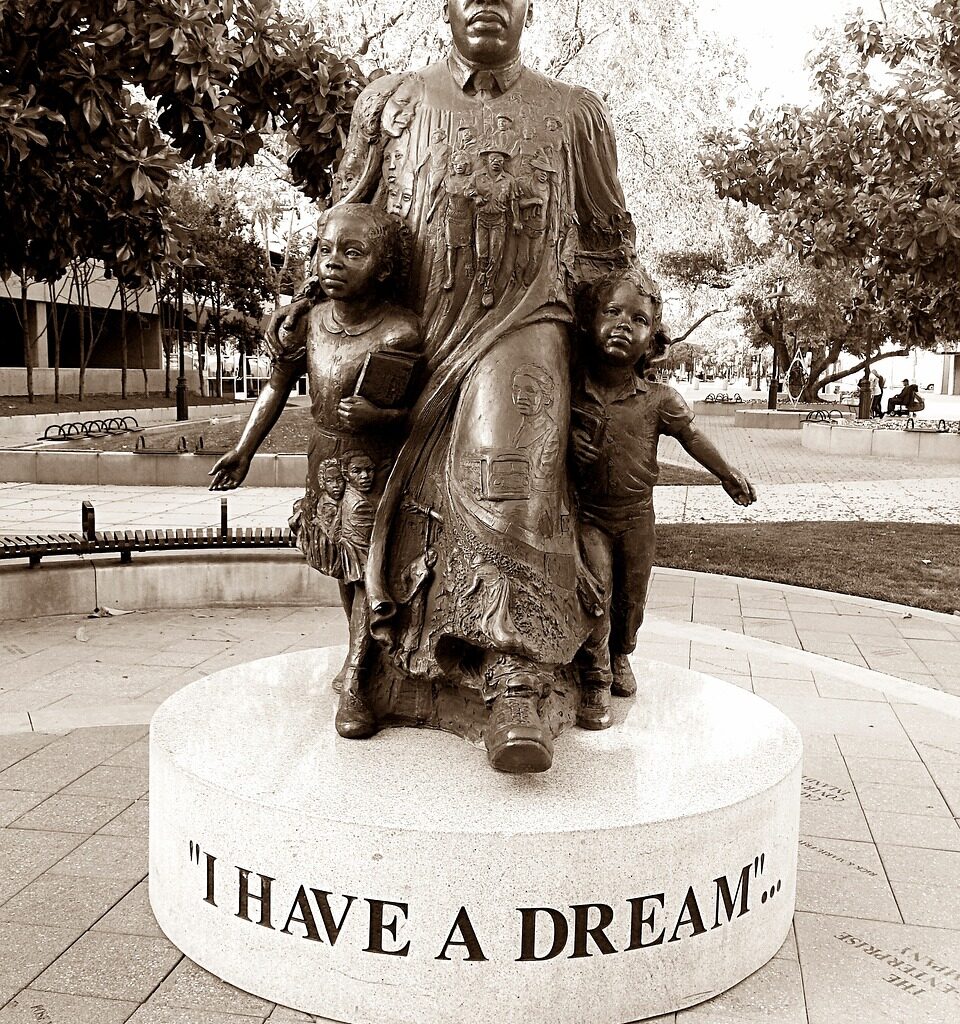
Introduction
Martin Luther King Jr. Day, a federal holiday in the U.S., honors the work and life of Dr. Martin Luther King Jr. Celebrated on the third Monday of the month, the holiday corresponds to Dr. Martin Luther King Jr.’s birthday, January 15th. The holiday honors Dr. King Jr.’s activism and contributions to the civil rights movement from the mid-fifties to the late sixties. His work was monumental in establishing rights for African Americans and abolishing discrimination, disenfranchisement, and segregation in the U.S.
Keep reading to learn more about the history of Martin Luther King Jr. Day.
In Context
The civil rights movement spanned over ten years. It began in 1956 and ended in 1964 with the passing of the Civil Rights Act and the Voting Rights Act. According to the Library of Congress, these acts “outlawed discrimination based on race, color, religion, sex, or national origin. They banned discrimination in public accommodations, public education, and employment, and prohibited race-based restrictions on voting”. It was monumental in securing rights for African Americans living in an American society full of racism and segregation. Martin Luther King Jr. is one of the most well-known leaders of the civil rights movement, as he spearheaded many protests and preached for equality.
About Martin Luther King Jr.
Martin Luther King Jr., often called MLK, was born and raised in Atlanta, Georgia, in 1929. He was a pastor in Alabama after receiving his doctorate from Boston University. Simultaneously, The Nobel Peace Prize website states, “Always a strong worker for civil rights for members of his race, King was, by this time, a member of the executive committee of the National Association for the Advancement of Colored People.” Facing arrests, enduring his house being bombed, and confronting widespread public scrutiny, he advocated for the rights of African Americans.
Moreover, MLK is known for his famous “I Have A Dream” speech. The speech took place in Washington, D.C., in 1963. Over 200,000 people attended, and the speech helped build momentum for passing the Civil Rights Act and the Voting Rights Act. The speech was crucial for the U.S. government to push for outlawing discrimination.
In 1964, MLK was assassinated at the motel he was staying at in Tennessee. His death reinforced tensions between Americans across the nation. It also increased membership in the Black Panther Party and other organizations supporting equality for African-American citizens. MLK’s distinct and powerful impact on the country persists, as he remains a figure spoken about and learned about today.
Establishment of MLK Day

President Ronald Reagan established MLK Day in 1983, officiating the Holiday Bill to recognize MLK’s efforts towards a more equal society.
Despite significant opposition in Congress, lawmakers eventually signed the bill into law many years after MLK’s death. Today, Americans continue to observe MLK Day as a national holiday, celebrating the life of MLK.
Conclusion
The history of Martin Luther King Jr. Day is important for understanding racial tension in the United States. MLK fought for the rights of African Americans throughout the civil rights movement and beyond. He made historical progress in lessening racism and discrimination in the U.S. Martin Luther King Jr.’s legacy continues to live on through this day of remembrance.
To read more about history and community, visit ferrygodmother.com/.
